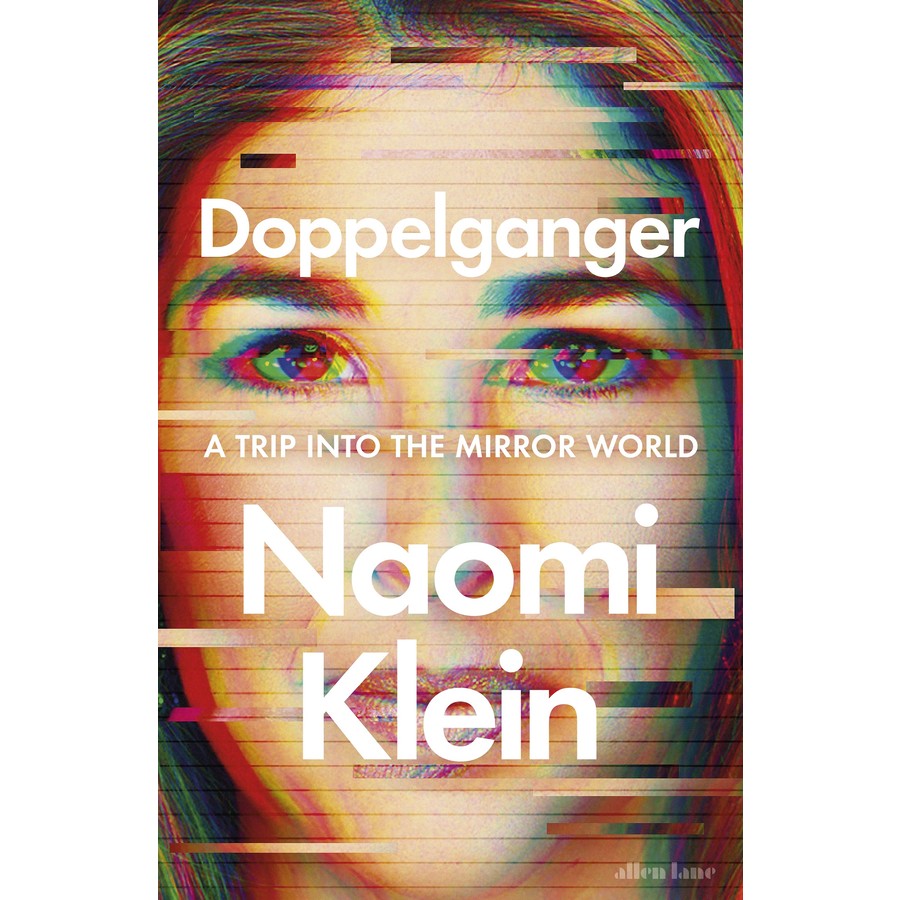Misha (on Bookwyrm) quoted Doppelganger by Naomi Klein
So the Bundists, with their tens of thousands of working-class members devoted to “hereness,” regularly debated the Zionists, mocking them for their “thereness.” The Bund held fast to the belief that Jews would be free when everyone was free, and not by building what amounted to a militarized ghetto on Palestinian land. “Your liberation can only be a by-product of the universal freeing of oppressed people,” wrote the Bundist leader Victor Alter in 1937. Besides, argued Walter Benjamin, “things will go very badly in Europe if the intellectual energies of the Jews abandon it.” Rosa Luxemburg, years earlier, had sparred with the Bund and advocated a universalism unbound by her Jewish identity. “What do you want with this theme of the ‘special suffering of the Jews’?” a friend asked in 1917. She replied, “I am just as much concerned with the poor victims on the rubber plantations of Putumayo, the black people in Africa with whose corpses the Europeans play catch … I have no special place in my heart for the [Jewish] ghetto. I feel at home in the entire world wherever there are clouds and birds and human tears.” Those lines led her detractors to claim that she minimized Jewish suffering at a time of great hardship. I prefer to see her reaching, however idealistically, for a vision of human solidarity that transcended identity and national borders.
— Doppelganger by Naomi Klein (71%)
This is why it is so important, especially now, to read Klein's "Doppelganger".
(Bundism is a secular Jewish socialist movement that was active in Europe in the 1930s: en.wikipedia.org/wiki/Bundism)

